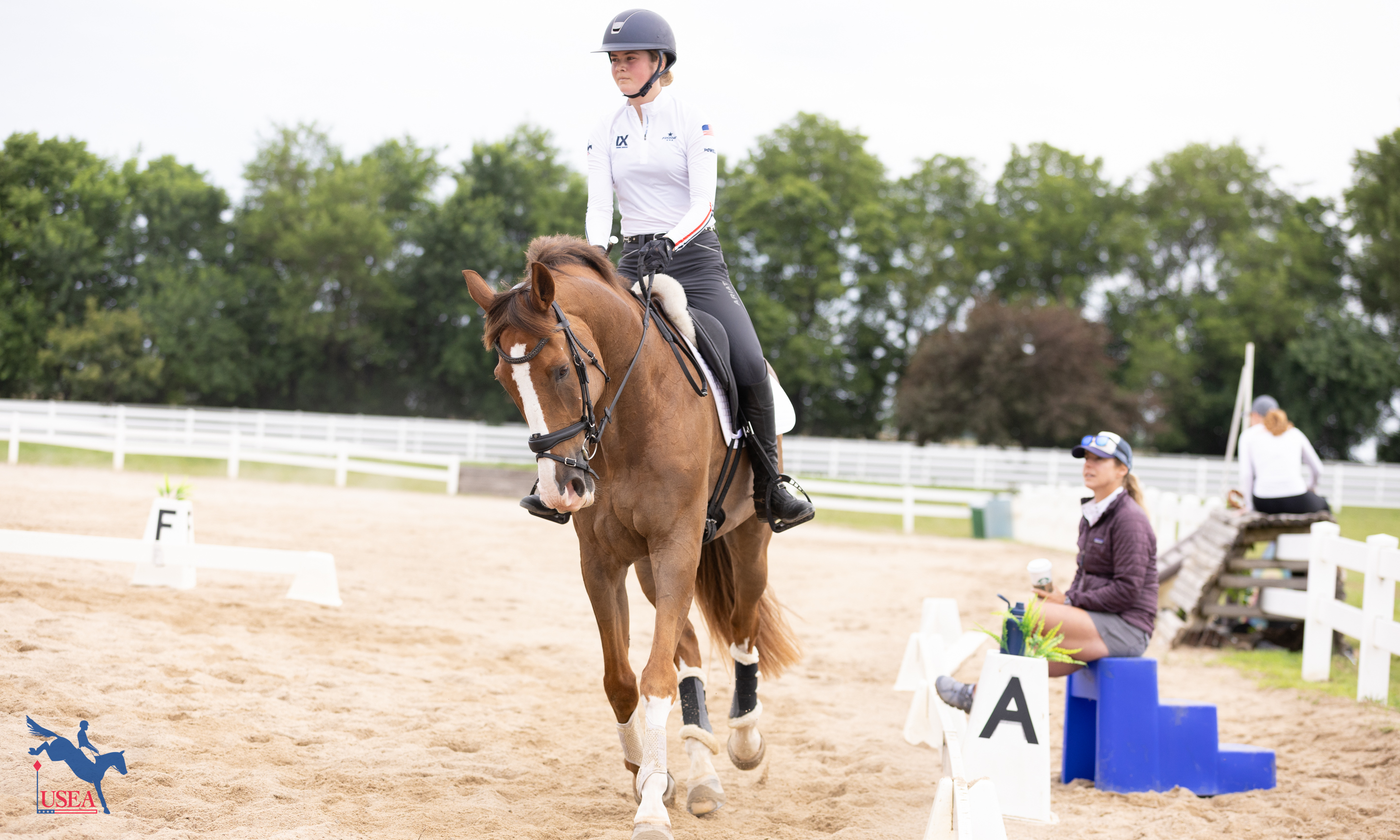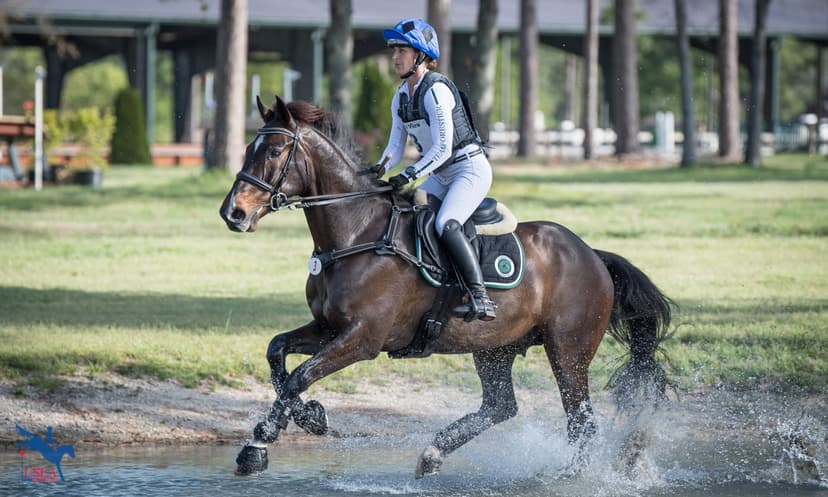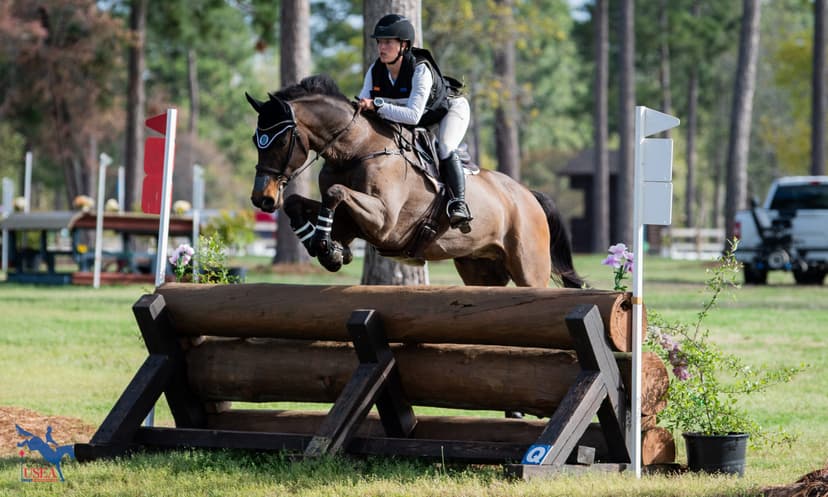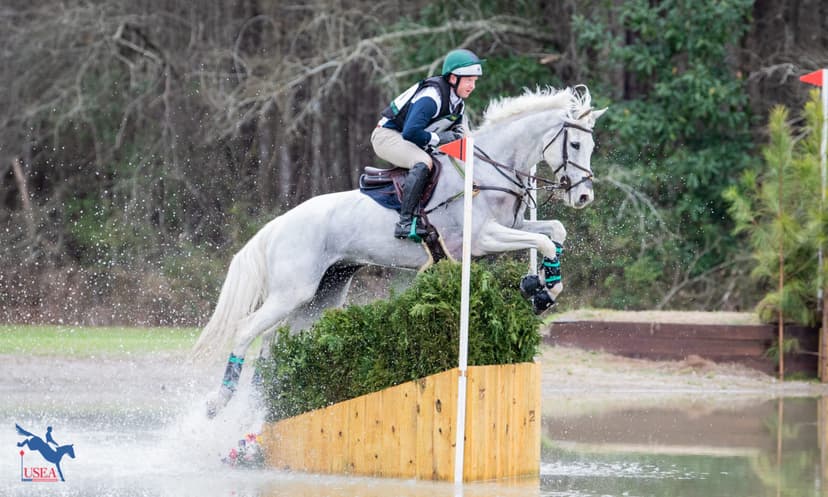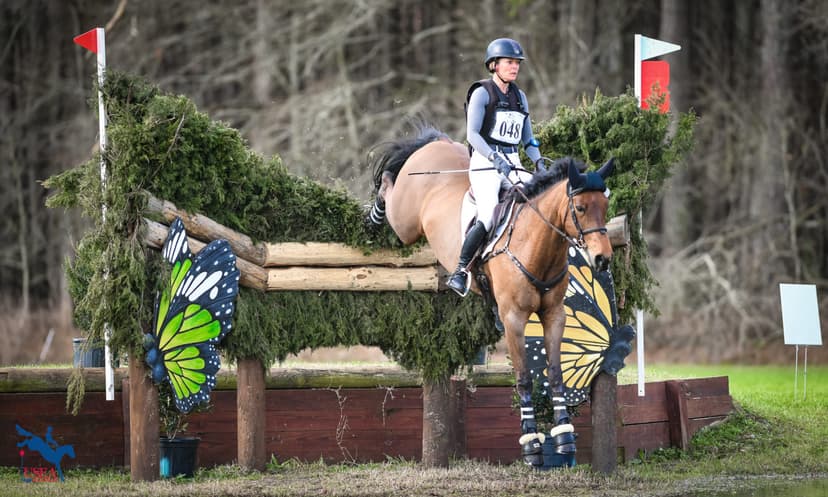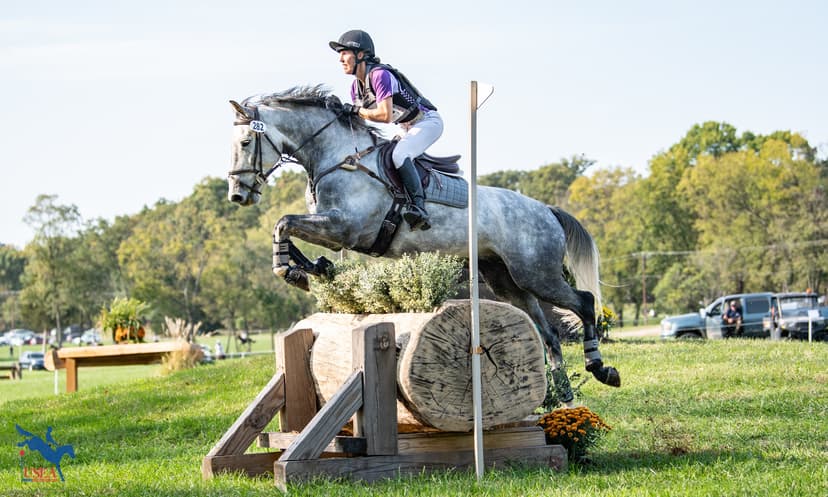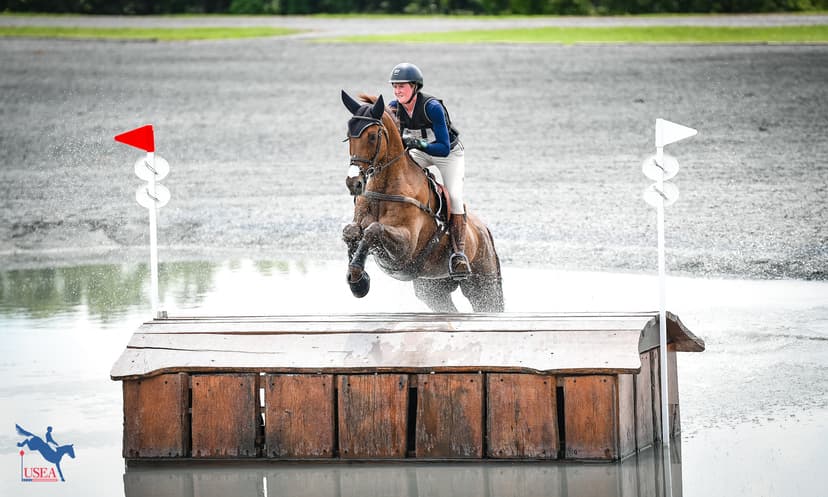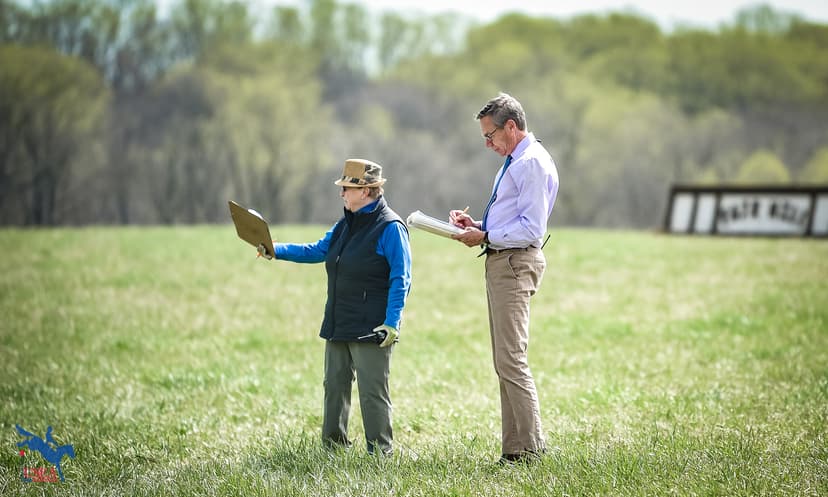Gearing Up for Eventing Clinic Season
With a natural break in competitions coming up throughout many USEA Areas, autumn clinic season is heating up. Whether you’re riding with a local legend or a visiting Olympian, a bit of preparation can help you make the most of your experience. The team at STRIDER has some tips to help you and yo...
Better Biosecurity Through Digital Entries for Competitions and Clinics
Strong biosecurity is no longer optional—it’s essential. From training facilities hosting clinics or cross-country schooling to large venues hosting competitions of all sizes, the ability to protect our horses depends on accurate health documentation and fast, reliable communication.
Effective Communication with Horse Show Organizers: Best Practices for Riders
Effective communication between riders and horse show organizers is crucial for a smooth and successful competition experience. Clear, polite, and well-organized communication not only ensures that your requests are properly handled; but also helps maintain a positive relationship with organizers...
Here’s to the Horse Trials: The Benefits of Eventing Competitions from Grassroots to FEI
Horse trials, from local grassroots competitions to FEI-level events, are the heartbeat of the eventing world. These trials are more than just a test of skill for riders and horses; they are essential to the growth and sustainability of the entire equestrian community.
Spring into Show Season: Reminders to Keep Your Event Organizers Happy
As spring and summer competitions approach, competitors, secretaries, course designers, volunteers, and so many more are preparing for the busy season ahead. Eventers can help to ensure a positive experience for everyone involved through a few simple steps.
Preparing for the Upcoming Eventing Season: 5 Essential Tips for Organizers
Spring and summer are on the horizon. As rider’s calendars begin to fill with horse trial, clinic, and schooling outing dates, organizing teams are busy with preparations to ensure smooth operations and a great experience for participants, horses, and spectators.
STRIDER continues as a USEA Educational Partner for 2025
The United States Eventing Association (USEA) is thrilled to announce STRIDER will return as an “Official Educational Partner” of the USEA for 2025. As a leader in the equestrian industry, STRIDER is committed to making equestrian sports more accessible at all levels. This partnership further str...
Convenience is Key: How Digital Tools are Expanding Access to Eventing
Somehow we are a quarter of the way through the 21st century. Finally, more and more eventing organizers and professionals are embracing digital tools to improve efficiency while increasing access to the sport. Equestrian sports have historically relied heavily on paper forms and manual payment m...
3 Ways to Help Eventing Thrive in 2025
With the start of the New Year just days away, now is the time to consider how your actions can have a positive impact on the sport of eventing in 2025. Each and every member of the eventing community has an important role to play in ensuring the sport continues to grow and thrive. From fostering...
Tips from the TD: Three Reminders for Your Next Event
As eventing competitors, you know how demanding the sport can be. Three phases (often in one day!) means there’s quite a lot to think about, tons to prepare for, and there are a lot of people involved in making everything run smoothly. A key player in making any USEA-recognized event a s...

